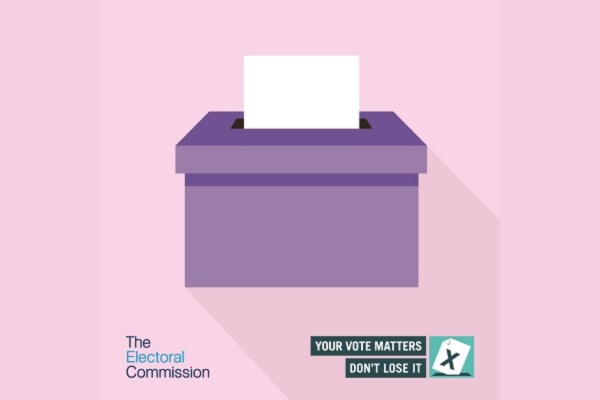Latest news
-

-

-

-

-

Temporary pause in bus station improvement scheme
-

-

-

Derbyshire Dales people to decide who leads a £4 billion boost for the East Midlands
-

Watch | Special Planning Committee, 28 March
-

Watch | Licensing and Appeals Committee, 26 March
-

423 Matlock homes plan to be debated at special Council Planning Committee
-

Watch | Governance and Resources Committee, 21 March

